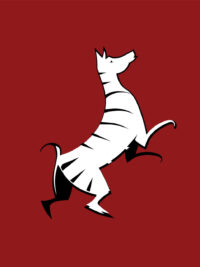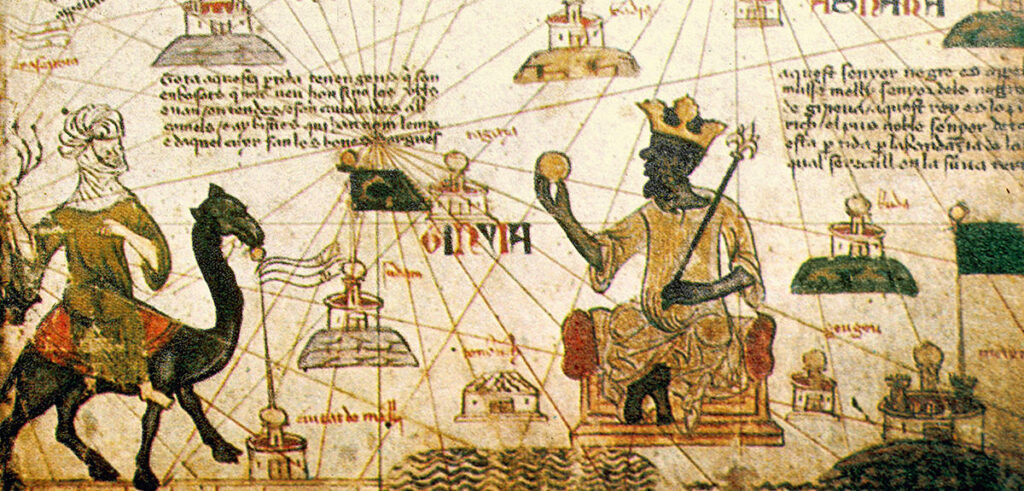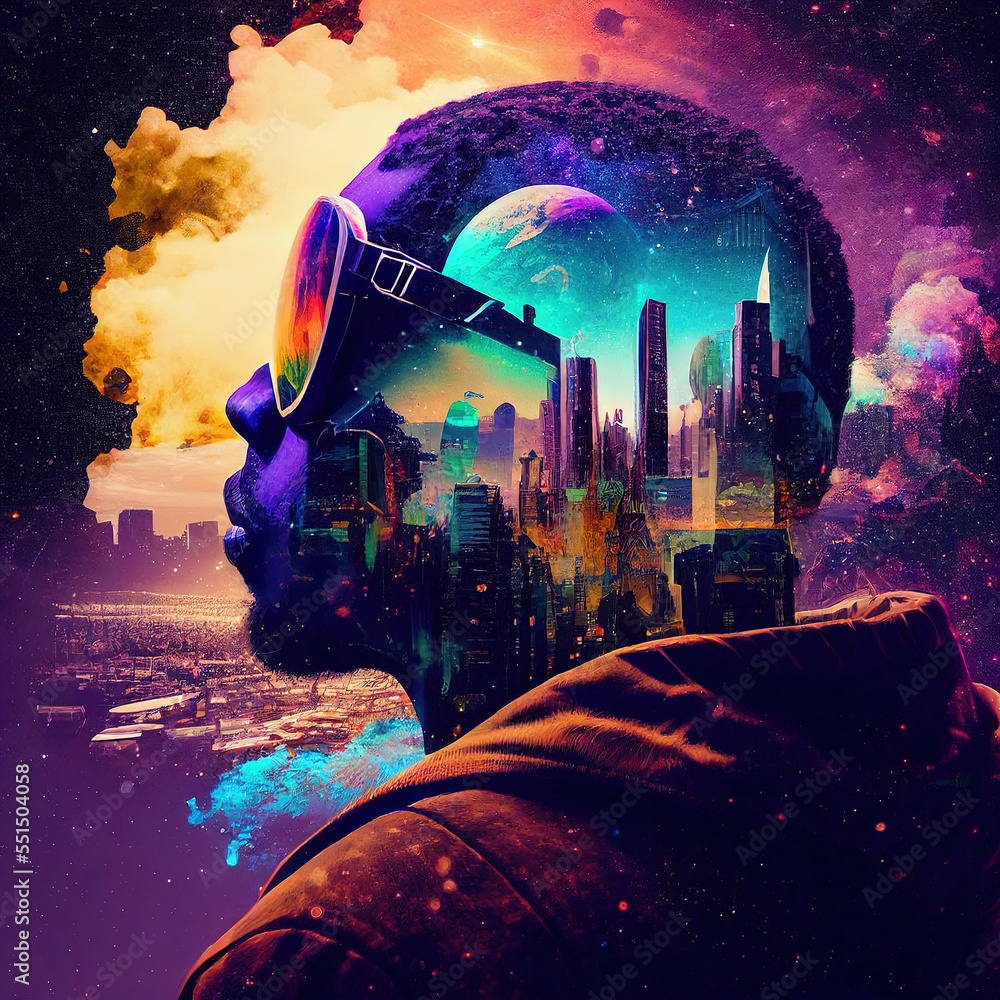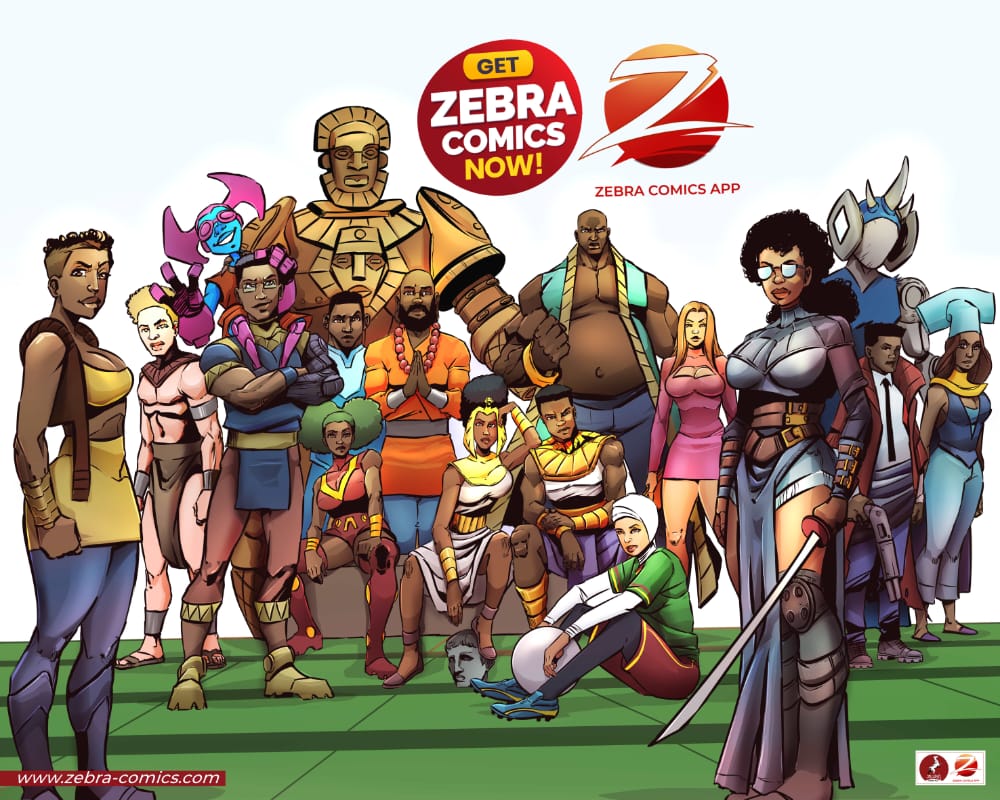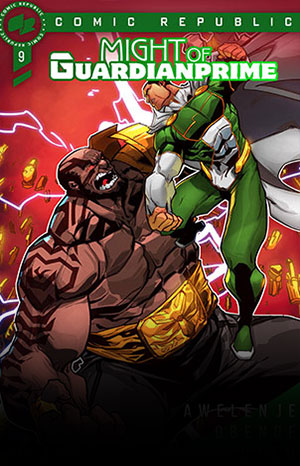For as long as storytelling has existed, history has always been a mine from where storytellers can draw inspiration for their stories. From television to film passing through literature and music, history has always been a place of choice when it comes to creation of stories and entertainment. History recounts past events and these events are sometimes so far in the past that people get intrigued when they are put on the table. Who wouldn’t want to know how his or her great great great grandmother met their great great great grandfather? Who wouldn’t be intrigued to find out how their forebears actually fought against western imperialism or how medicine was discovered and managed back in the day? Many of these things exist today, but how did they happen in the past? This quest to know the past is always intriguing and this is what gives appeal to great entertainment based on history.
Like other forms of entertainment mentioned above, comics have also explored history in a myriad of ways. American comics, Franco Belgian comics and Japanese manga have all made use of history to tell deep and entertaining stories. Even new artforms like webtoon feature stories which are based on historical events. Some of the greatest comics out there are even based on history. Great examples of comics or manga based on history include: Maus by Art Spiegelman which is a laureate of the prestigious Pulitzer Prize, They Called Us Enemy, Phantoms of the Louvre, Vagabond, American cult, 300, Vinland Saga, Asterix and the Roman Agent, Burma Chronicles, Persepolis, Tintin in Tibet, The Faithful Spy: Dietrich Bonhoeffer and the Plot to Kill Hitler, Demon Slayer: Kimetsu no Yaiba, Kingdom, and Emma. This list is the tip of the iceberg as far as comics and manga based on history are concerned. There is such a long list of them that one article will never be enough to list them all. This is a testament to the fact that history is a heavily prized spot from where great stories are mined.

In Africa, history also plays a great role in storytelling. Movies, television shows, novels and even comics have been inspired by African historical events. Africa, like many parts of the works, has a history that is so diverse that it makes for a great resource for the production of entertainment products. However, it should be noted that, compared to the west, African entertainment producers haven’t made as much use of African history in their productions. Fingers can be pointed in several directions as the reasons for this slow use of African history in entertainment. Of these issues include; the domination of western media which has set a standard for historical fiction and made many feel like African history cannot be as entertaining, the shortage of research sources from where to get authentic information on a past which was mostly passed on generation to generation orally, regulations and laws which prevent creators from exploring certain periods in African history freely and a shortage of financial resources to be able to adequately adapt African history into different entertainment media.
Despite all these shortcomings, however, African content producers like Nollywood have still gone ahead to produce entertainment products based on African history. Resources are usually in very low supply, but they have managed to use these limited supplies to create content which has been appreciated across the world.
This is very true of African comics. Many African comics creators do not usually have resources for research like their counterparts from the west, but they have made use of what they have to create some very interesting comics. Some notable African comics based on history include Malika: Warrior Queen, SHAKA – Limited Series Comic, L’odyssée De Mongou, Les Dogues Noirs De L’empire, Totem and Sector. There are many more African comics based on African history, but these comics have not started scratching the surface of the potential of what African history offers them.

The question we should ask in the face of the above, therefore, is; what are these aspects of African history that African comics creators can explore to produce awesome and groundbreaking comics for the continent and for the international market? Well, we did some research and came up with the following.
1. the pre-slave trade era

For most of us who went to school and studied history, African history usually begins from the time of the Trans-Atlantic slave trade and moves on to our modern day. In other words, the African history which was written down and not transmitted orally starts at the time when European powers came in direct contact with Africans. Everything before that era is deep darkness to many Africans and people from the rest of the world. However, before the Europeans came, African lived, formed families, traded with each other and had established political systems. These alone should point to the fact there was African history before the Europeans initiated the slave trade. This history which was championed by powerful Kingdoms, Chiefdoms and Fondoms from across the continent need to be revisited. This will inevitably make for exciting pools from where to draw inspiration for stellar storytelling. Some examples that need to be explored include the story of Mansa Musa (the richest man who ever lived), the Moors and the countless tribal conflicts and wars which took place during this time. African comics creators therefore have a lot of work to do to capture this era.
2. The Slave Trade Era

So much has been written, staged and said about this era in African history. Mostly, African novelists, poets and playwrights have written about this painful moment in African history. However, much of what we have as entertainment products based on this era still comes from the west. Hollywood has determined the way the era is presented for so long that we have the impression that that is all there is to it. African comics creators can take this opportunity to create stories which are unique. Who were the Africans involved in the slave trade? How did African families survive the loss of a dear one sold into slavery? How did African freedom fighters navigate this tough time? There is still so much to explore about this era and African comics creators can take the lead in doing so.
3. The Colonial Era

This is also another era which has been explored plentifully. However, there exist a plethora of stories which can be told about this time. Love, interracial children in this era, family bonds and sheer history of not so talked about places are areas which can be explored by African comics creators for stellar storytelling.
4. The World Wars Era

The west has explored and still continues to explore the history of this era in film, TV and novels endlessly. The proliferation of these Western productions has made it seem like the two world wars were only fought in Europe and by Americans or Europeans only. However, there is a deep history of African involvement and contribution to first world war and second world war efforts. Africans fought in the war and lost as much or even more than the west. All of these need to revisited by African comics creators so as to create stellar stories.3
5. The Independence Era

Colonialism was bad, that’s a fact, and it took so much courage and engagement for Africans to fight for their freedom from western imperialists. This fight, inevitably, was not easy. Many great figures were murdered, many more lost their most precious belongings and entire countries even went to wars and coup d’etats before independence finally came knocking on their doors. These were dark times, but also interesting times as African nations finally gained their independence. This era, also, has been explored severally in other media, but there is still space for African comics creators to create comics based on the history of this time.
6. The Post Independence Era

Independence was sweet. Many African nations now managed their affairs and were ‘free’ from western tyranny. Nevertheless, this did not usher in immediate peace and prosperity. Tyrannical leaders and governments stuck their heads out of water, civil unrest ensued, nations changed their systems of government, TV and radio came into play, liberalization followed suit and multiparty politics saw the light of day. These and many more form a plethora of historical events which happened across the content which should serve as inspiration for African comics creators to create stellar comics.
History poses as the point where the present meets and communes with the past. It has been used severally by creators and entertainment producers across the world to produce stellar stories. Even today, the bulk of history that we watch on TV, read in books and enjoy in cinema halls come from the west, making it look like Africa has no interesting history to explore. African creators, especially African comics creators, therefore need to step up and take the responsibility of digging deep into Africa history and bringing out those historical gems which will not only entertain but will educate in ways which have not even been imagined before. And they can do all these despite the myriad of difficulties which inundated the creative process.
